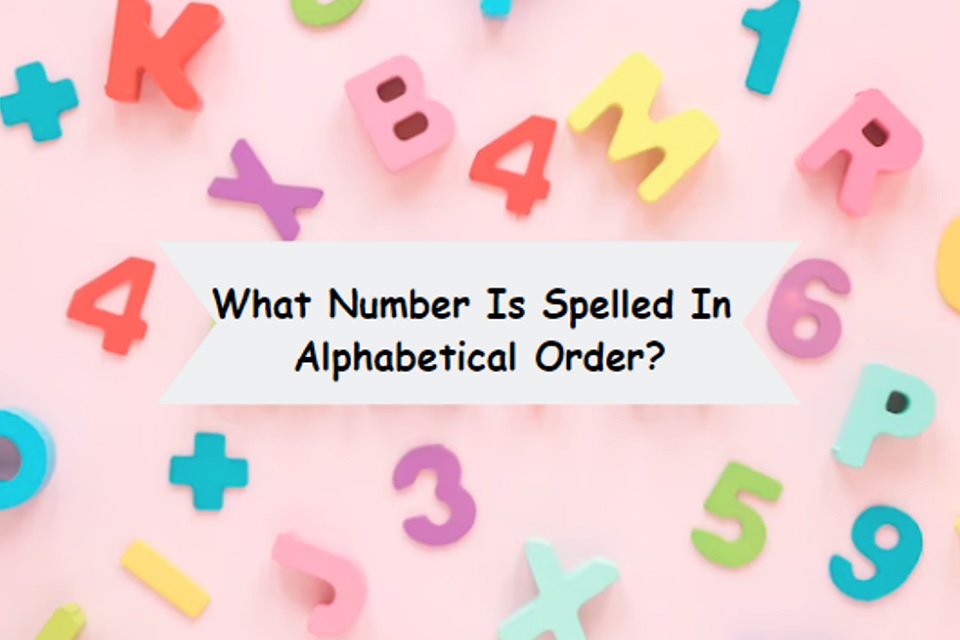
Introduction To Storytelling
Storytelling has been an integral part of human culture since the dawn of civilization. From ancient cave paintings and oral traditions to Homer’s epic tales and Shakespeare’s timeless stories, storytelling has served as a pivotal method of passing down wisdom, morals, and cultural traditions through generations.
In our modern digital era, the forms and platforms through which stories reach us have dramatically diversified. While this presents new challenges, it also vastly expands opportunities for storytelling to touch lives across the globe. Despite these innovations, the essence of storytelling—its ability to captivate, transmit knowledge, and unify communities—remains unchanged.
The Psychology Behind Storytelling
Delving into the psychology of storytelling unveils why stories are such an effective means of communication. They resonate with us on a fundamental level, engaging the brain’s mirror neurons responsible for empathy and emotional response. Researchers at BBC Future discuss this phenomenon. When we hear a well-crafted narrative, our minds simulate the experiences presented within it, allowing us to live vicariously through the characters’ journeys. The skills and methods we develop today are increasingly sophisticated as we learn advanced concepts that deepen our understanding and appreciation of narrative art.
This emotional connection goes beyond mere entertainment; it becomes a tool for understanding and influencing human behavior. Stories can change perspectives, inspire actions, and foster community. They can evoke a wide range of emotions, which makes them memorable and meaningful long after they’ve been told.
Story Elements That Captivate Audiences
The components of a compelling story are universally recognized yet infinitely variable in their execution. At its core, a well-told tale includes a gripping plot, characters that audiences can identify with, and a conflict that challenges them, driving the narrative forward. These elements combine to form a tapestry that draws readers in, fully immersing them in the narrative world.
Take the Harry Potter series, for example. J.K. Rowling’s creation captivates audiences with a meticulously crafted world, complex characters with whom readers evolve and mature, and conflicts that resonate on personal and legendary scales. The interplay of these elements keeps readers riveted from one book to the next, exemplifying the art of literary engagement.
Techniques For Effective Storytelling
Master storytellers employ a variety of techniques to ensure their narratives are not only engaging but also memorable. Pacing is crucial; it dictates the story’s rhythm, balancing action with reflection. World-building immerses readers in the environment and context of the narrative, whether it be a fantasy realm or a gritty urban landscape.
Dialogue breathes life into characters, offering insight into their motivations and personalities. Authors frequently share insights into these strategies, illustrating that while creativity is vital, understanding these fundamental techniques allows writers to enhance their storytelling prowess and cultivate their voices.
The Role Of Storytelling In Reading Habits
Engaging stories profoundly impacts fostering and maintaining reading habits. They serve as gateways into lifelong reading journeys, especially when they resonate with readers personally. Empirical data from a Pew Research study highlights an ongoing connection between storytelling and sustained reading interest across a broad spectrum of demographics.
Beyond individual enrichment, storytelling contributes to cultural continuity, inviting readers to experience different worlds, cultivate empathy, and expand their perspectives. It cements literature’s legacy as an enduring and essential pillar in the quest for knowledge and understanding.
Storytelling In The Digital Age
The digital revolution has transformed how we create and consume stories, introducing innovation while preserving the traditional narrative magic. E-books and audiobooks have widened access, while multimedia storytelling incorporates text, graphics, and interactivity, offering more prosperous, more immersive experiences.
This evolution encourages dynamic collaborations between authors, illustrators, and digital creators, paving the way for novel approaches to storytelling that captivate the digital native generation. Moreover, these technologies break down geographical barriers, broadening audiences and fostering cross-cultural storytelling experiences.
How Authors Have Mastered Storytelling
Every celebrated author has mastered the delicate art of weaving narrative threads into tapestries that captivate and endure. These literary architects skillfully use language, plot structure, and character development to invite readers into their worlds. They adapt traditional techniques while innovating within the framework of established literary traditions.
Authors who receive prestigious awards frequently exemplify the art and impact of storytelling. Their ability to craft compelling narratives that resonate across diverse audiences underscores their mastery and the unifying power of stories to transcend time and space.
Conclusion: The Everlasting Power Of Stories
At its core, storytelling is an art that transcends time and space, uniting people through shared narratives. Stories’ capacity to captivate audiences worldwide, whether in print or pixel, ensures their continued relevance. Embracing storytelling in all its forms enriches our lives, provokes thought, and inspires change, reinforcing its timeless role as a cornerstone of human culture.


